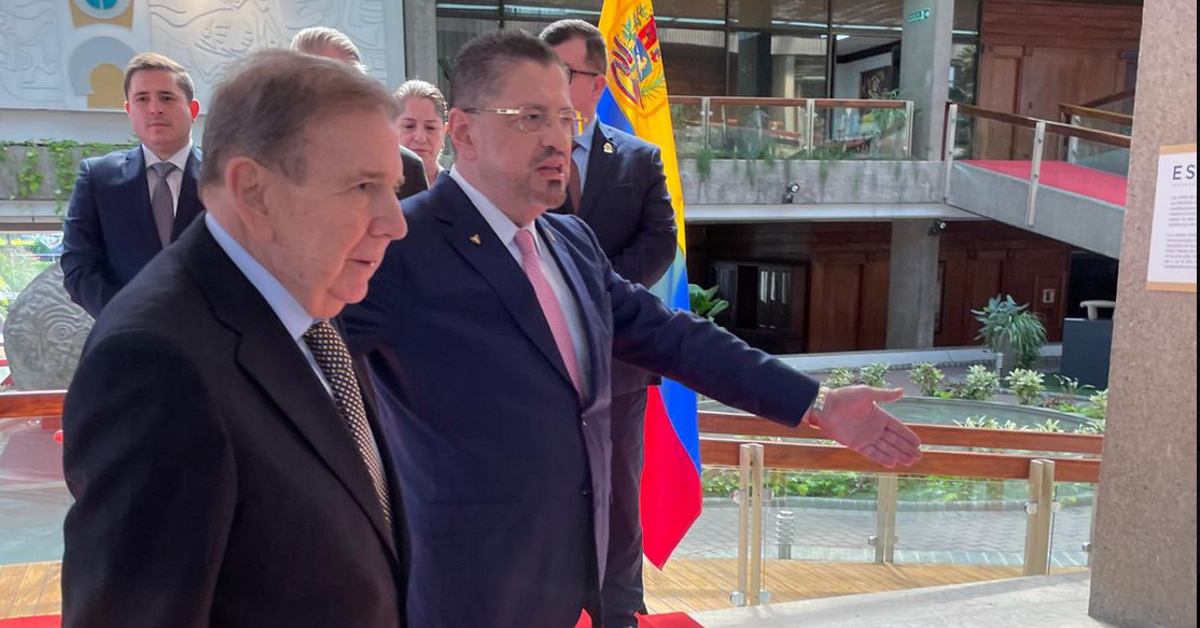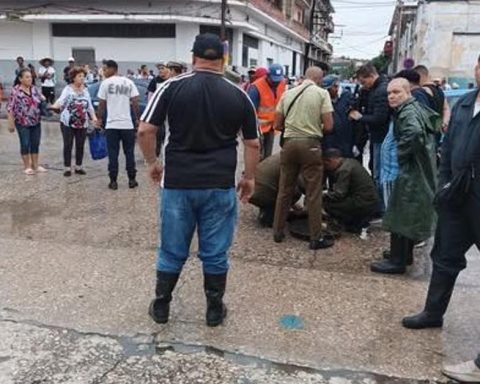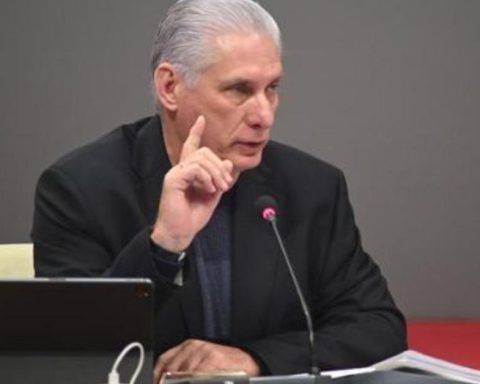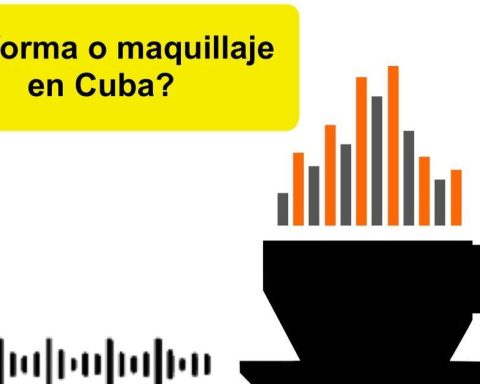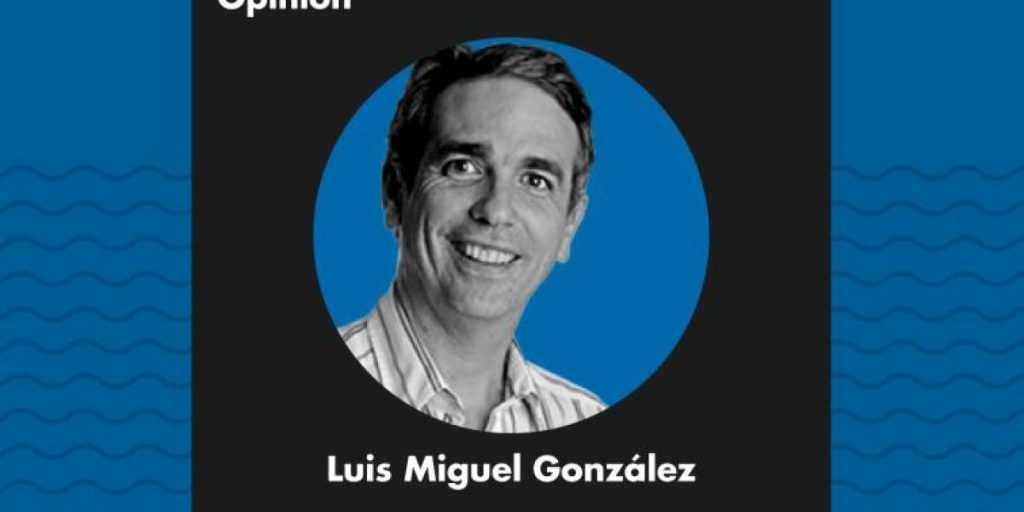Costa Rica / Caracas /The Venezuelan opposition leader Edmundo González Urrutia affirmed this Thursday in Costa Rica that “the regime of Nicolás Maduro constitutes a regional threat” and assured that this “clique” is “living its last days in power.”
“The regime presided over by Nicolás Maduro today constitutes a regional threat and as such must be assumed by all the democracies of Latin America,” González declared in a press conference after a meeting with the president of Costa Rica, Rodrigo Chaves.
González, who arrived in Costa Rica on Wednesday night, met this Thursday with President Chaves and on his subsequent agenda he will visit the Legislative Assembly and will have a meeting with the Venezuelan community living in the Central American country.
The opposition leader assured that the “autocratic clique” that currently governs Venezuela “is isolated and living its last days in power.”
The opposition leader assured that the “autocratic clique” that currently governs Venezuela “is isolated and living its last days in power.”
“This nightmare will soon end,” said González, who added that “there will be thousands who will return by all means to Caracas” when Maduro leaves power.
González said that “there are more than eight million, a quarter of the population, Venezuelans who have left the country” in the last years of Maduro’s government.
The opposition leader ruled out military means for Maduro to leave power and reaffirmed that his aspiration is “a transition in peace and democracy”, despite the fact that “Venezuela is taken over by drug cartels, by guerrilla movements and people of the most reluctant anti-values “.
Edmundo González thanked Costa Rica for its hospitality and highlighted that this country has been “synonymous with peace, civility and democracy” throughout the region to become a “warm refuge in times of anxiety” for many people.
The opposition leader assured that among Venezuelans “the flame of freedom remains alive” and that proof of this were the elections last July in which, as he stated, he achieved an “overwhelming” victory with an advantage of “almost 40 points.” percentages”.
González Urritia also confirmed his attendance, on January 20, at the inauguration of the next US president, Donald Trump, who recognizes the anti-Chavista as “president-elect.”
The opposition leader ruled out military means for Maduro to leave power and reaffirmed that his aspiration is “a transition in peace and democracy.”
“I’ll be there!” the former ambassador said briefly on the social network X. His team had previously stated that next weekend he would be in Washington, where he also plans to “meet with other members of the new administration.”
The opponent assures that he will take advantage of “all spaces to defend the will of Venezuelans,” and celebrated that “every day” there are “more international allies joining this fight” in his country.
For his part, the president of Costa Rica, Rodrigo Chaves, reaffirmed his recognition of González as the winner of the elections and also expressed his “respect and admiration.”
“We regret the economic misery in which the regime has plunged the Venezuelan people,” commented Chaves, who described this situation as an “unforgivable betrayal of an entire people.”
Regarding the Venezuelan elections, Chaves reaffirmed his position that there was a “fraud that violates the democratic will of a people” and that this is “a sin.”
Chaves reaffirmed his position that there was a “fraud that violates the democratic will of a people” and that this is “a sin”
“Costa Rica’s moral duty is to morally support Venezuela, the winner of the elections, the people, so that they can finally, after two and a half decades, regain their freedom, their democracy and their rights,” he said.
On the same day of the elections in Venezuela, the Costa Rican president assured that it had been a fraudulent process, while Congress has issued two motions in which it recognizes González as Venezuelan president.
Since 2020, Costa Rica suspended its diplomatic relations with Venezuela. In 2019, Costa Rica ignored Maduro’s victory in the presidential elections of that year and gave its recognition to Juan Guaidó.
